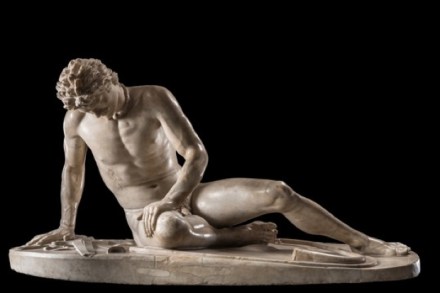No, Richard Branson, our greatest achievements don’t come from our greatest pain
Explaining the death of a pilot testing a Virgin Galactic rocket-ship, Sir Richard Branson intoned: ‘I truly believe that humanity’s greatest achievements come out of the greatest pain.’ The ancients would have been appalled, both at the crass ignorance of the sentiment and its implication. It is hard to see how papyrus, made out of marsh plants in Egypt since about 3,000 BC, resulted from ‘the greatest pain’. Yet, in combination with the presumably pain-free invention of the Greek alphabet, from which the Roman and our alphabet derive, this material was to drive literacy and a knowledge revolution across the Mediterranean. The technology took another dramatic leap forward when the codex,




